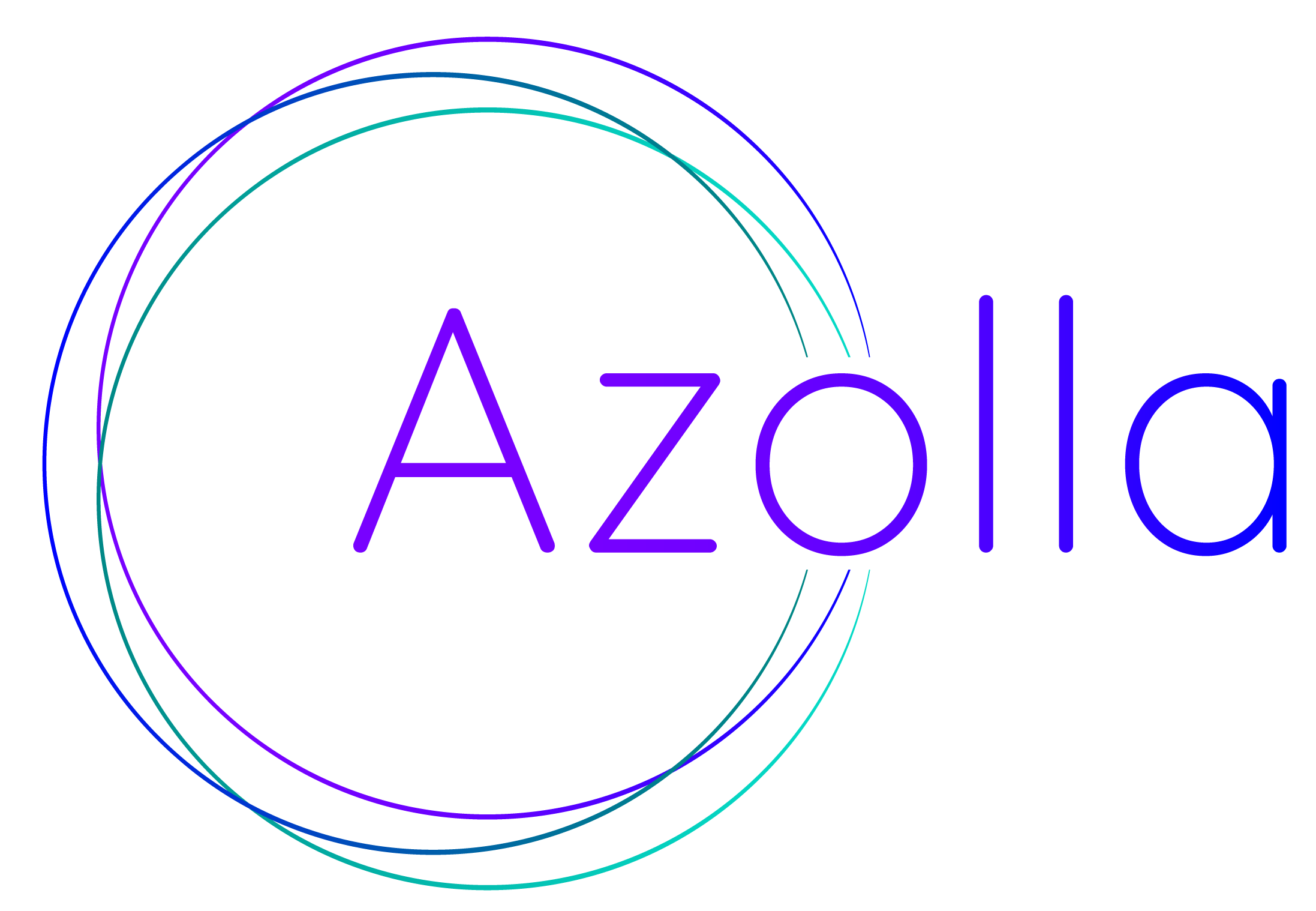PCCA Mongolia
Profile
In a nutshell
Pastures, Conservation, Climate Action project (PCCA-Project) in Mongolia is a project brought to life by the Mongolian Society for Range Management (MSRM), in partnership with the University of Leicester and initially funded by the Darwin Initiative. It is accredited under the Plan Vivo Standard. The project implements a new approach to restore degraded grasslands and increase herder’s wellbeing in rural Mongolia. Hereby, more CO2 gets retained and stored in the soil through the application of range management techniques such as increased mobility of the herders between seasonal pastures, reduced livestock numbers, and grazing pressure.
Founded
2013
Location
Mongolia
Method
Soil Enhancement
Co-benefits
In addition to reducing CO2 from the atmosphere, the project generates extra benefits for the communities and the environment.






CO2 Removal
Through the PCCA-Project, MSRM incentivizes a return to a more traditional and sustainable nomadic way of living, rather than herders remaining sedentary and overgrazing individual areas with huge herds. Enhanced carbon sequestration is achieved by the restoration of traditional seasonal mobility, improved grazing, land management practices, and the herders’ commitment to own less livestock. Through these behavioral adjustments, pastures are naturally restored, become more resilient, and soil erosion is reduced. All of this massively increases the absorption and storage capacity of CO2 in the soil, and CO2 emissions from the ground due to degradation are prevented.
The captured and stored CO2 is measured and certified by the independent Scottish agency PlanVivo.
Find more about soil carbon sequestration here.
Background
Mongolian herders traditionally practice a nomadic or mobile form of herding. For generations, they have roamed with their herds through the Mongolian steppe environments. However, as the world is changing, so is Mongolia. The traditional nomadic life does not seem to fit modern realities anymore. The pressure on natural resources and on herder’s livelihoods intensified, with access for herders to their most vital resources being limited. Ongoing mining activities and herders migrating closer to cities and their markets have intensified competition for land. Many of the changes have led to numerous herders adopting a more sedentary lifestyle, with livestock numbers increasing overall across the country.
Prof. Dr. Dorligsuren Dulamsuren, executive Director of MSRM, and his team realized early on that this behavioral change disturbs the balance in the natural ecosystem. Increased livestock numbers owned by herders, a more sedentary lifestyle, and herders migrating closer to cities have led to overgrazing, land degradation, and soil erosion.
For those reasons, the PCCA-Project aims to restore essential aspects of the nomadic way of life. This allows herders to lead a more sustainable life while ensuring the preservation of biodiversity and enabling them to play a vital role in reducing global carbon levels. By adopting a nomadic lifestyle and improving range management practice, overutilization and overgrazing are reduced, and the soil’s CO2 storage is enhanced.
Additionally, herders protect local forests and wildlife through forest management and by working with local administrations to prevent illegal logging and hunting. The project also encourages herders to share their knowledge and pool resources to improve the production and processing of livestock products. The additional income generated by the nomadic communities through the sale of finished products and Carbon Certificates is mostly used to buy tools and materials to improve shared infrastructure, build wells, improve water management, and alleviate economic pressure. The measures taken have resulted in improved livelihoods and food security while also increasing the inclusion of poorer and more vulnerable community members.
Team
Our main project contact is Uilst Dorligsuren from MSRM. The University of Leicester has mainly contributed to the development of the project and supports now as an academic and scientific advisor. MSRM, on the other hand, is actively managing the project and the different communities in the region. As MSRM is responsible for the active management of the Carbon Certificates, Uilst will be our primary contact person. We got to know her as a calm and very professional person with an intense connection to her native land and a profound admiration for the project and its founders. We are very much looking forward to continuing our collaboration with MSRM and contributing to this intriguing nomadic community’s wellbeing.
Support now
Support PCCA Mongolia and other projects and contribute to the elimination of greenhouse gases.

